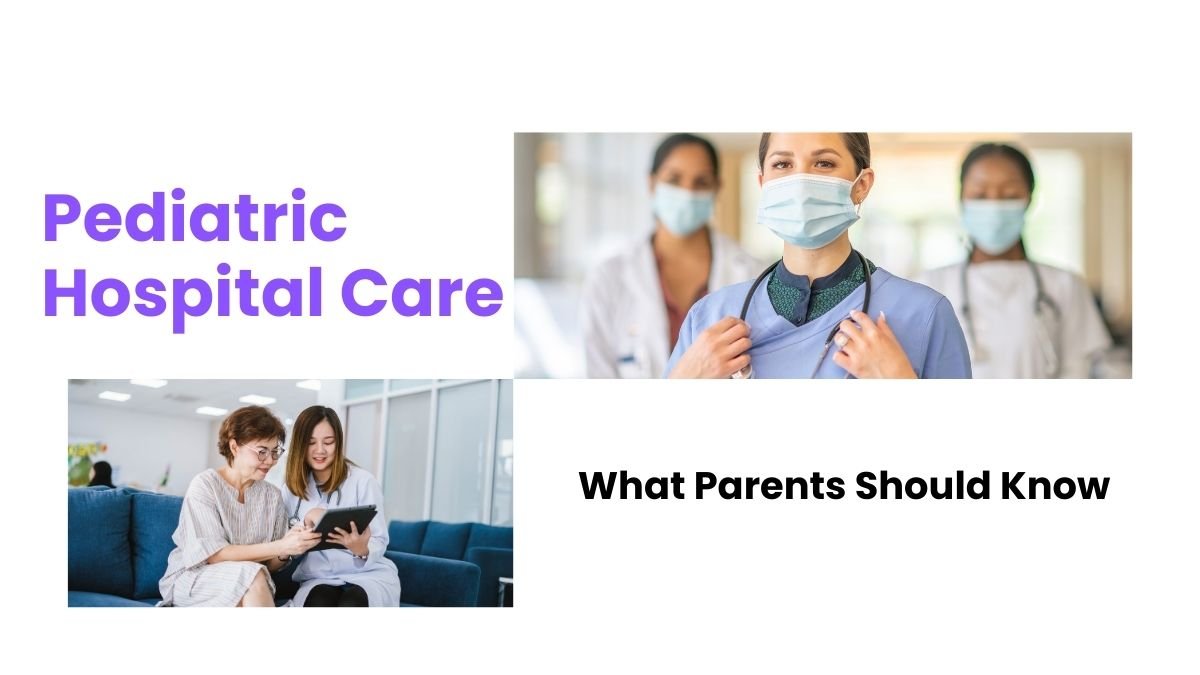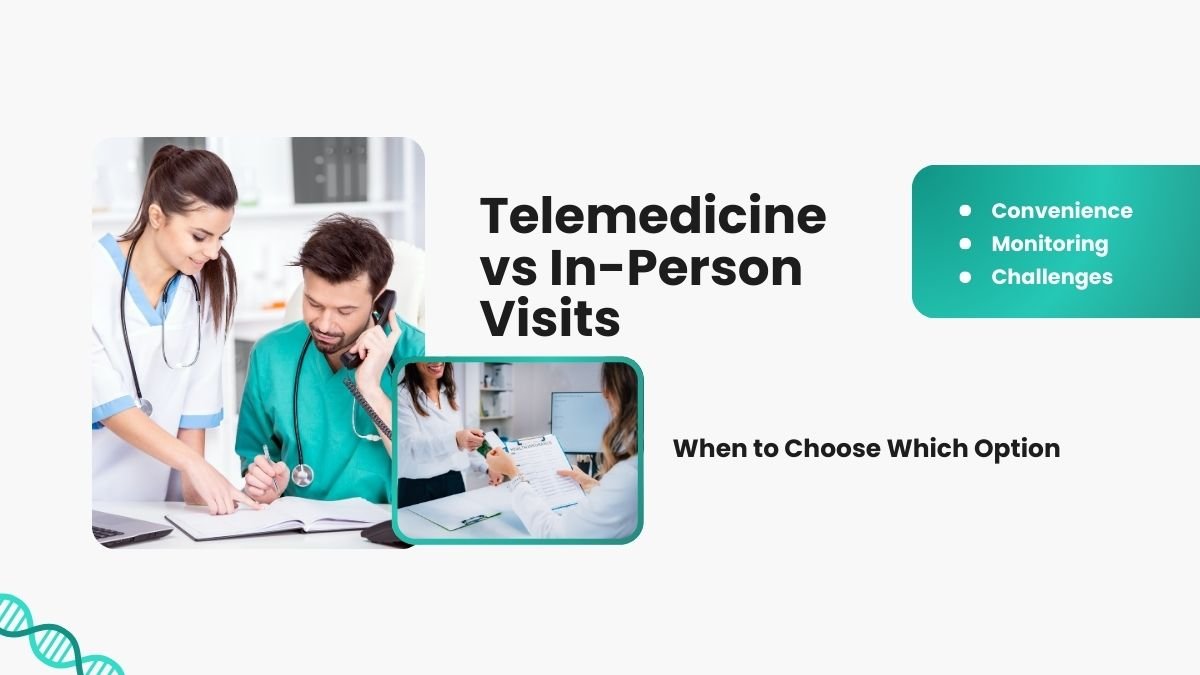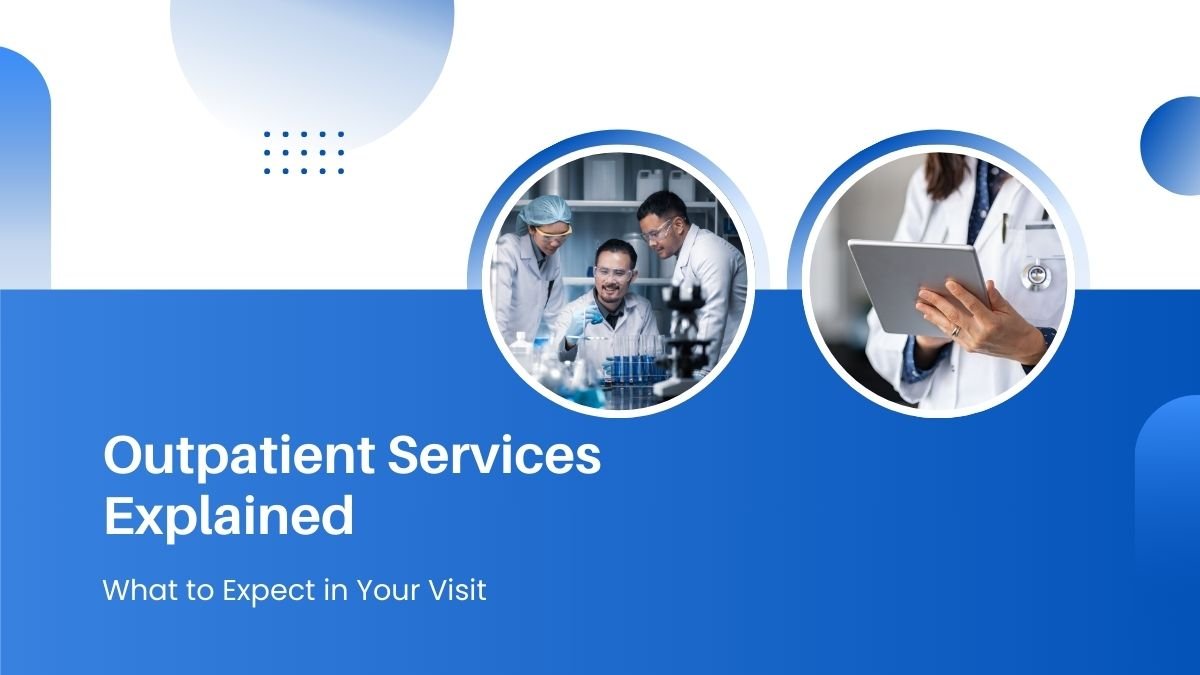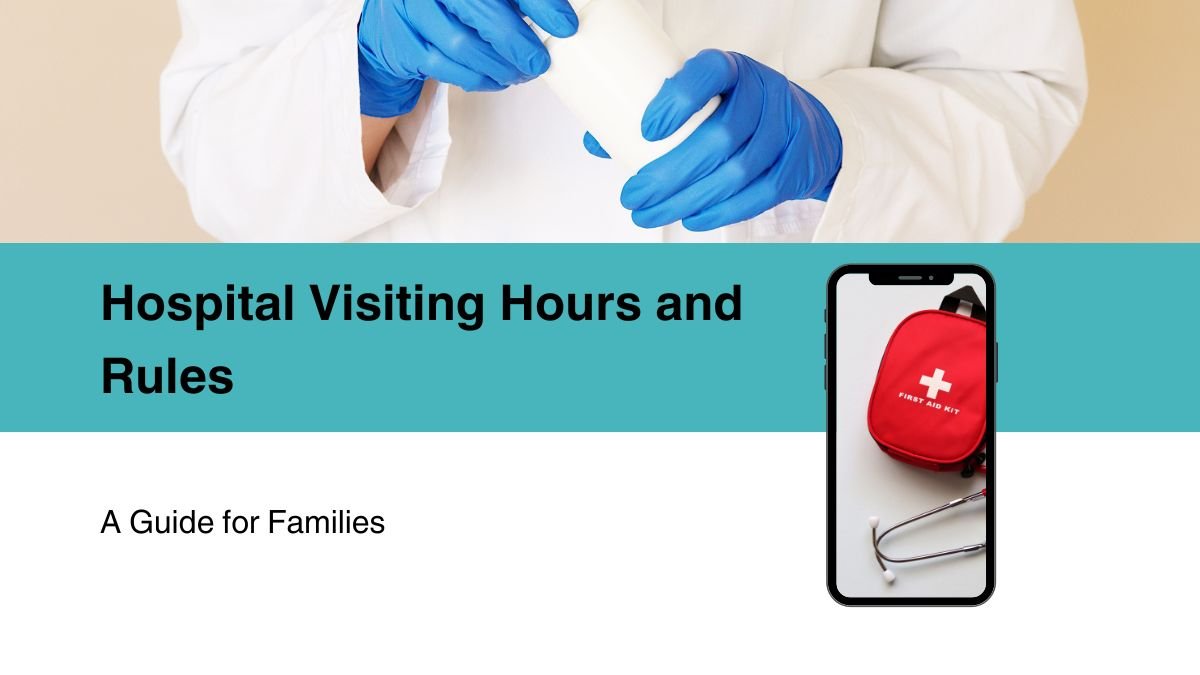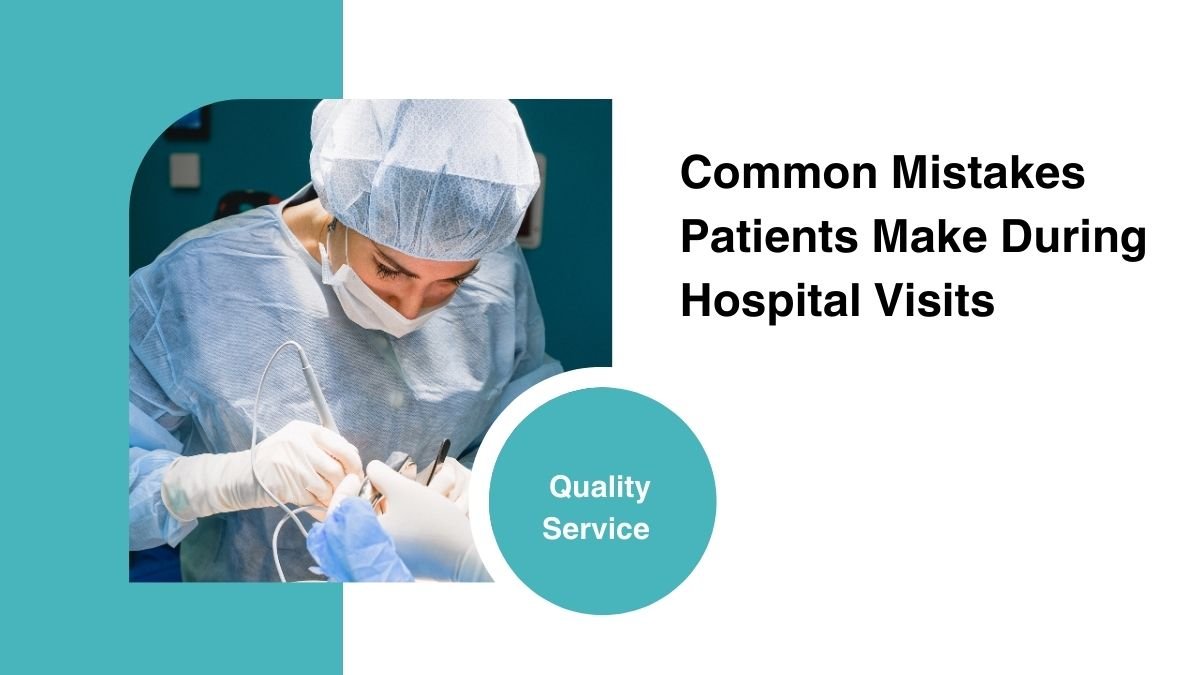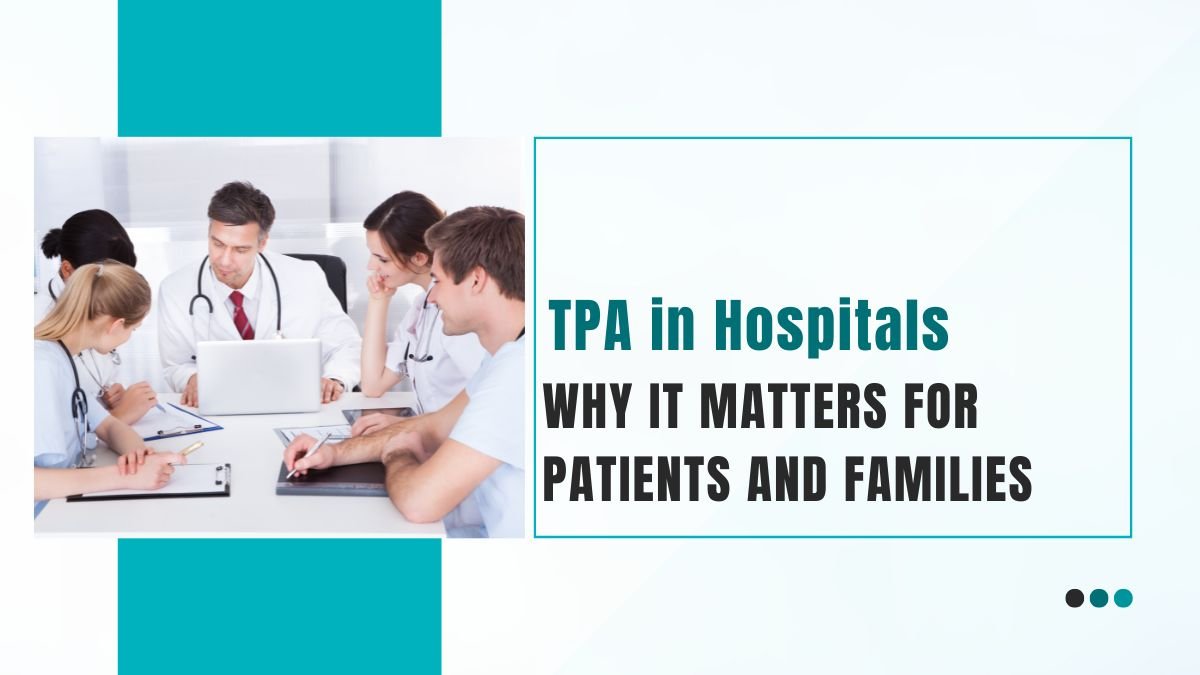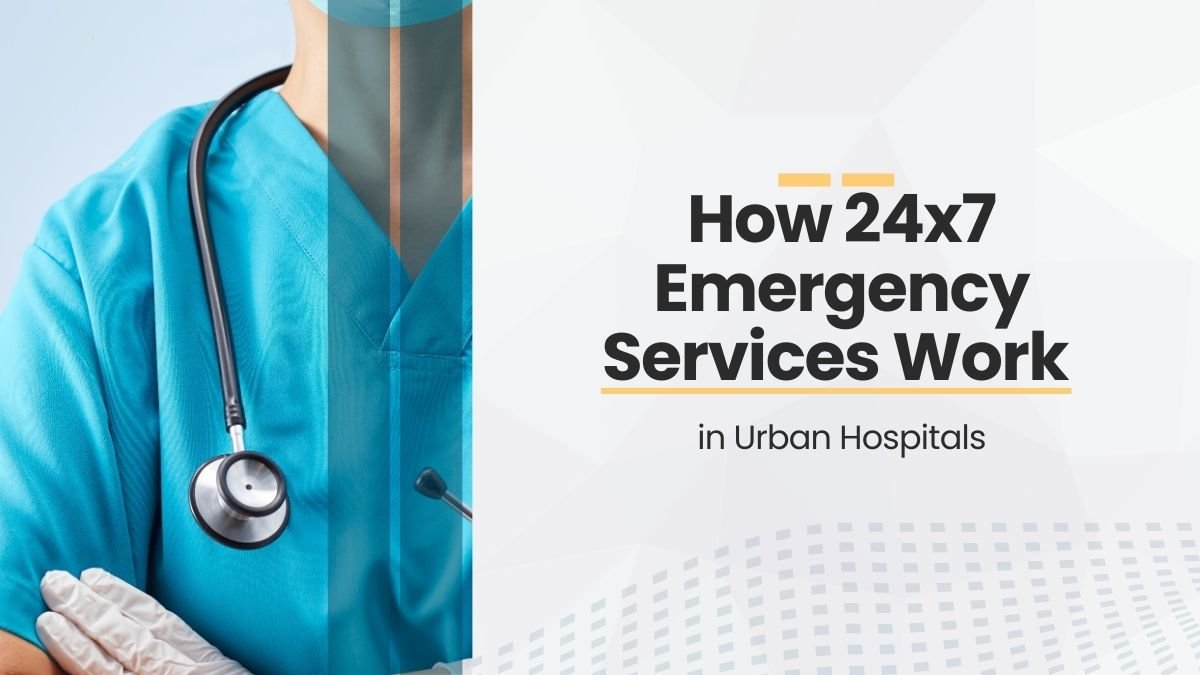Mental health services in hospitals: Why is it so important?
Now hospitals do not just treat physical illness. Paying attention to mental health is also considered as important as treating a fracture or diabetes.
In this article, we will understand in detail:
- Why mental health services in hospitals have now become mandatory
- What are the facilities in them
- What are its benefits, challenges and future paths
Increase in mental health problems – what is changing?
Stress, anxiety and depression have increased
Nowadays people are suffering from more stress, anxiety and depression due to work pressure, social media, financial worries
Loneliness, distance in family relationships and lack of social support are further increasing this problem
Change in awareness and discussion on mental health
Earlier mental illness was not talked about openly, but now big stars, people in social media and media have started speaking openly
This has made it easier to talk about mental health and the fear of getting treatment has also reduced
Example: Earlier people might have said – “Send him to a mental asylum.” Now people say – “Listen to him. Maybe he needs some advice or treatment.”
That is why the demand for mental health services in hospitals is increasing a lot.
Integrated health model – why is it beneficial?
It is important to combine physical and mental health
When a person comes to the hospital, along with his physical illness, mental problems can also be detected. Such as chronic pain, excessive fatigue, lack of sleep – all these are not only physical problems, but also affect mental health.
That’s why hospitals now:
- Doctors, psychiatrists, psychologists, and social workers work together
- An integrated team works with the patient, which includes counseling, therapy, and timely mental support along with medication
This way the patient gets both physical and mental help, which makes the treatment more effective and recovery is faster.
Emergency mental health services – when needed the most
Sometimes the mental condition suddenly deteriorates so much that the person can hurt himself or others. At such times, the Emergency Department (ED) of the hospital plays a very important role.
What happens in the ED:
- The person is examined immediately
- The mental condition is assessed by keeping him in a safe room
- Psychiatric help is given immediately
- If needed, medication is given or monitoring is started
In this way the hospital becomes a safe haven in emergencies.
Use of experts – when everyone meets under one roof
Which doctors are found in the hospital?
- Psychiatrists – doctors who give medicines
- Psychologists – professionals who treat by talking
- Social Workers – give advice by looking at the socio-social problems of the patient (such as employment, pension, family support)
This means that if a person is lonely or has financial problems, then the Social Worker found in the hospital can connect him to a government scheme, social assistance, or a support group.
How is fast help provided?
- Whether it is an emergency situation or a slowly increasing anxiety — a multidisciplinary team immediately helps when admitted to the hospital
This immediate help gives the patient much better benefits than treatment alone.
Policy and financial initiatives – change in the right direction
Now governments and the private sector have also started paying attention to mental health.
Key changes:
- Hospitals are receiving government grants for mental health services
- Companies and hospitals are receiving grants and policy incentives to set up psychiatry departments
- The number of social workers and mental health staff is increasing
This has led to more hospitals prioritising mental health.
Expansion of telehealth – get help from home
People in villages and small towns have difficulty accessing big cities. So hospitals can now use telehealth services to:
- Provide mental health counselling over the phone or video call
- Routine training and group therapy online
- Patients can connect with staff from home, reducing stigma
This approach is proving to be very effective in helping people living in rural and remote areas.
Research and evidence – are there really any benefits?
The World Health Organization (WHO) and several independent research institutes have found that:
- Adding mental health services to hospitals reduces re-admissions
- Patients recover faster
- Cost reduction (because treatment is more effective and does not require repeated expenditure)
These figures have forced policymakers to think that mental health is no longer just a social issue, but a serious public health issue.
Why is this standard now mandatory?
- Well-being of patients
If the mental problem is not treated on time, the patient’s physical illness can become permanent in the long term. - Public health
If mental patients get appropriate care in hospitals, a positive message of health spreads in the society. - Savings in cost
If the patient does not have to come to the hospital again and again, treatment is done quickly and complications are less, then the total cost of treatment decreases. - Recognition and Credibility
If hospitals providing mental health services meet government regulations, they must be recognized. - Message of humanity
This indicates that the hospital treats the whole person, not just the body – their mind, emotions and social needs are also important.
Some real examples – stories of mental health improvement
Example 1: Vijay’s advice
Vijay, a 45-year-old man, was suffering from high blood pressure and insomnia for a long time. When stomach pain brought him to the hospital, the doctor got him examined by the psychiatry team along with a physical checkup. The same day he was given some medication and counseling, which improved Vijay’s sleep and also kept the pain under control.
Example 2: Sonia’s hope
Sonia, a student, met a psychologist on a video call from the hospital connected to the telehealth app. She was unable to go out of the house. With just some counseling, her anxiety started to go away and she was able to muster up the courage to go to the university.
Future Direction – Mental Health Advancement Scenario
- Growth of Psychiatry Department in Hospitals
Psychiatry departments are now being permanently included in hospitals. Separate wings and counseling rooms are being built for mental health. - Use of Artificial Intelligence
AI is now also being used in mental health screening – like catching early signs from symptoms detected from childhood, social media behavior, etc. - Relationship with school and workplace
Hospitals are now connecting with schools and companies to conduct mental wellness workshops, so that learn healthy habits from the beginning. - Use of Mobile Health Apps
Earlier there were only apps on physical health, now there are mental health apps as well, which help in meditation, handling negative thoughts and increasing confidence.
Conclusion – Mental health services are a new need in hospitals
In the end, it is easy to say that now mental health services are not an option. It has become an essential part of every hospital.
When mental and physical health are treated together:
- Patients recover faster
- Treatment is cheaper and more effective
- Hospital credibility and quality improves
This change means: we no longer limit treatment to just the disease, but take care of the whole person.

